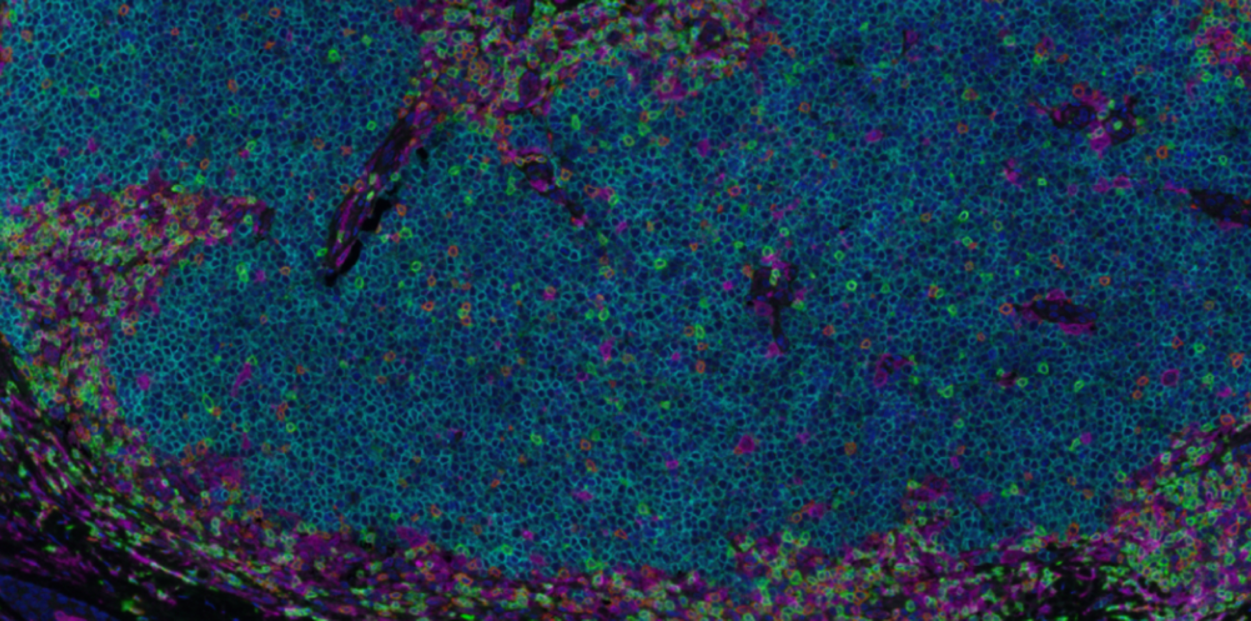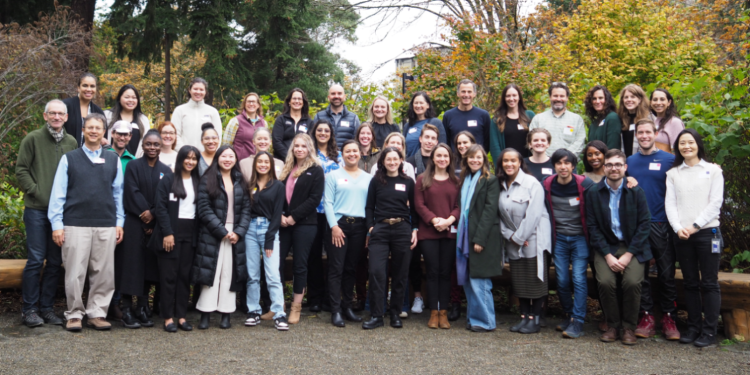Diversity Statement
In the UW Department of Dermatology, we value and honor diversity of faculty, trainees, and staff from all backgrounds as integral to providing excellent patient care and an optimal environment to work and learn. We are committed to increasing opportunity for all, and we strive to cultivate a respectful, safe, and inclusive environment for all. We consider applicants for employment and advancement of faculty, trainees and staff without regard to race, color, creed, religion, national origin, citizenship, sex, pregnancy, age, marital status, sexual orientation, gender identity or expression, genetic information, disability, or veteran status consistent with UW Executive Order No. 81.
Culture of Inclusion Agreement
We wish to see every individual as their true and whole selves.
The vast majority of people in our organization are working hard to achieve an open, diverse, and inclusive environment. We strive to welcome and honor every person’s identity, culture, background, experience, status, abilities, and opinions.
To show our commitment in cultivating a culture of inclusion, we will:
Foster RESPECT and TRUST by:
- Seeking to understand the perspectives of others by listening with humility
- Acknowledging power differentials and working to mitigate the negative impacts of these hierarchies on communication
Be AWARE of explicit and implicit biases by:
- Welcoming diverse points of view
- Recognizing and educating ourselves on systems of oppression
- Reflecting on our own privileges and their impact on opportunities available to us that may not be available to others
Act with HUMILITY and be ACCOUNTABLE for the impacts of our actions, regardless of our intent by:
- Actively interrupting discrimination rather than condoning or perpetuating discrimination through inaction
- Acknowledging institutional racism, oppression, and other forms of systemic bias
- Recognizing and correcting our behavior if we commit microaggressions or other acts of bias
- Being willing to ask for help and learn from others when we fail to achieve these ideals
- Not engaging in disrespectful or retaliatory behavior that has a negative impact on the integrity of the Department, the patients we care for, the students or trainees we educate, or the research we conduct
Health Equity Research
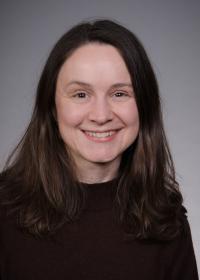
Improving Skin Health for Vulnerable Populations
Dr. Sigrid Collier's research focuses on improving access and quality of care for skin disease in underserved and vulnerable populations around the world and characterizing the burden and epidemiology of skin disease among the refugee population in the United States.
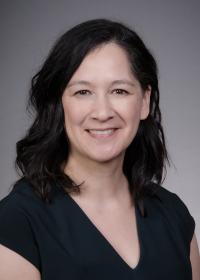
Role of Gender in Dermatologist Burnout
Dr. Michi Shinohara is the corresponding author of “Dermatologist Burnout: Contribution of gender and impact of children” published in the Journal of the American Academy of Dermatology and served as a guest editor of the special “Gender Gap” issue of the International Journal of Women’s Dermatology.
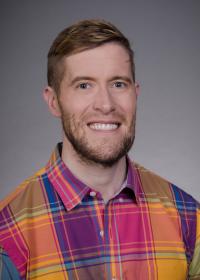
Providing Gender-Inclusive Care in Dermatology
Dr. Markus Boos, has published recommendations to help fellow dermatologists and medical centers provide informed and supportive care for LGBTQ patients. Dr. Boos has also advocated for updates to the gender‐binary categorization in the iPLEDGE system.
JUSTICE, EQUITY, DIVERSITY & INCLUSION (JEDI) COMMITTEE
Generates policies related to justice, equity, diversity, and inclusion at the Department and Residency Program levels.
Committee Members
LAND USE ACKNOWLEDGEMENT
UW Dermatology acknowledges the land UW occupies today is the traditional home of the Duwamish, Tulalip, Muckleshoot, and Suquamish tribal nations. We take the opportunity to thank the original caretakers of this land whose descendants are still here among us.
While we cannot at this precise moment undo historical events and injustices, this land acknowledgement serves as one small act in the ongoing process of striving to be in good relationship with the land and the people of the land. We invite us all to bring our best selves to our work, to serve our communities fully, intentionally and mindfully, perhaps as a contribution to redressing historical injustice.
university of washington RESOURCES
-
UW NURF (Network of Underrepresented Residents and Fellows)



